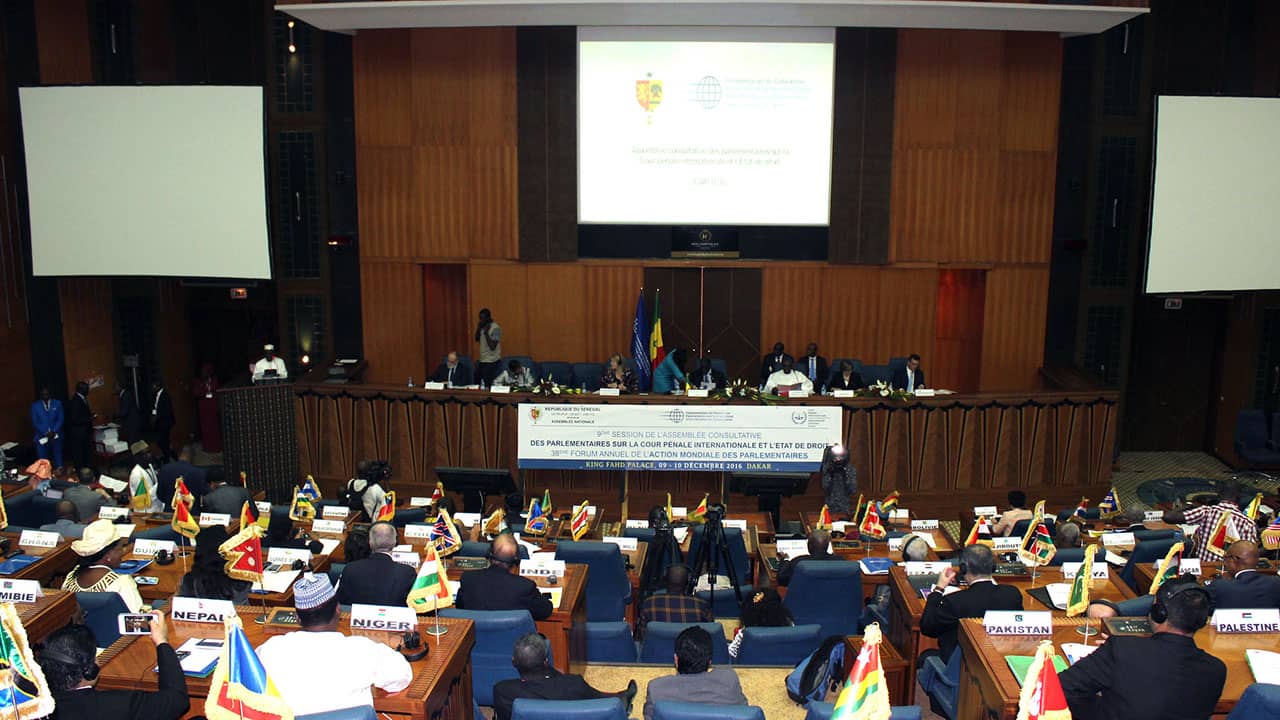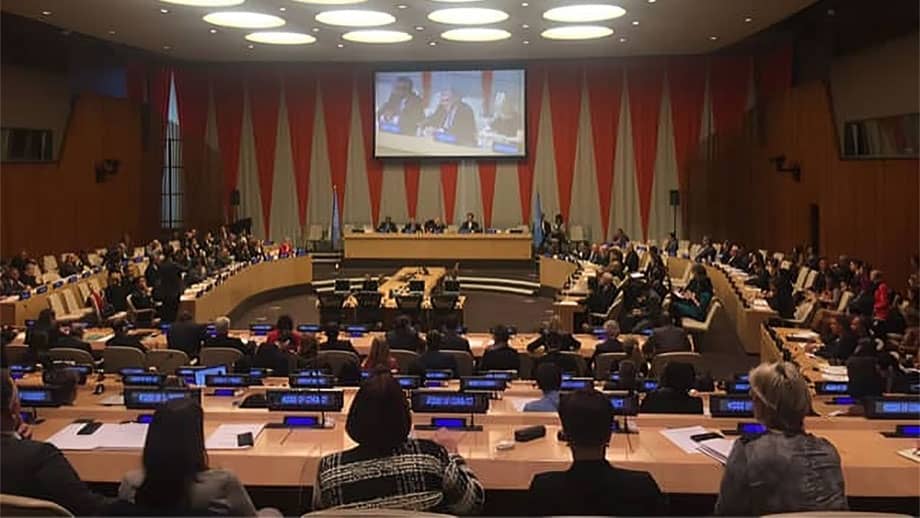Guinea-Bissau signed the Rome Statute on 12 September 2000 but it has not yet been ratified.
***46th PGA Annual Forum and 4th Consultative Assembly of Parliamentarians for the Oceans, 26 - 27 March 2026, Mexico City. *** REGISTER HERE
Guinea-Bissau signed the Rome Statute on 12 September 2000 but it has not yet been ratified.
|
|
|
|
|
|
|
125 countries are States Parties to the Rome Statute of the International Criminal Court. Of these, 33 are African States, 19 are Asia-Pacific States, 20 are from Eastern Europe, 28 are from Latin American and Caribbean States, and 25 are from Western European and other States. |

PGA co-organised with its National Group in Nigeria, a Workshop on the Fight Against Impunity for Mass Atrocities under the Rome Statute of the International Criminal Court (ICC) and promotion of the Rule of Law

On 9 and 10 December 2016, on the occasion of International Human Rights Day, the National Assembly of Senegal hosted the 9th Consultative Assembly of Parliamentarians for the International Criminal Court and the Rule of Law (CAP - ICC).

News broke today that the Government of South Africa has notified the United Nations Secretary General of its intention to withdraw from the Rome Statute of the International Criminal Court (ICC).

On Friday 23 October 2015, PGA participated at the Launch of the Code of Conduct regarding Security Council action against genocide, crimes against humanity, or war crimes at United Nations Headquarters in New York.

On 5 February 2002, Minister of State and Foreign Affairs, Mr. Jaime Gama, deposited Portugal’s instrument of ratification at UN Headquarters, making Portugal the 51st country to ratify the Rome Statute for the International Criminal Court (ICC)